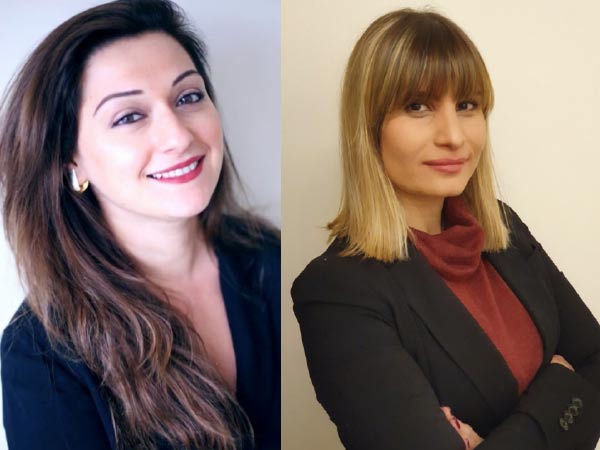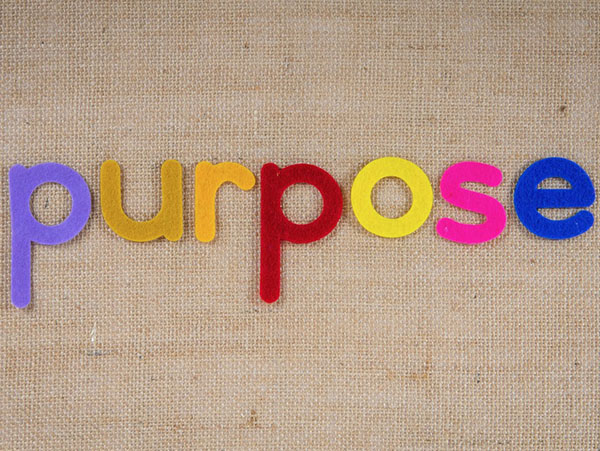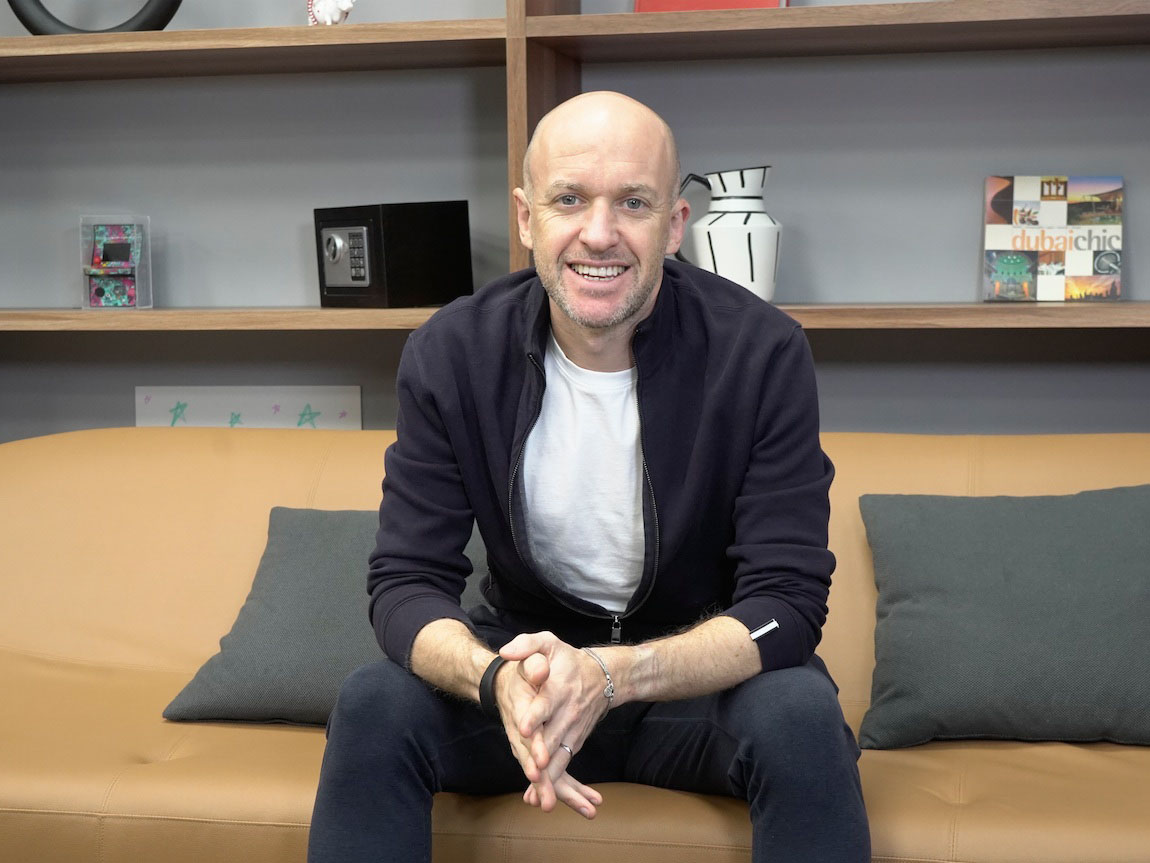Industry Talk
‘Being a woman has always been a fact, not a factor’
by Ghada Azzi
April 21, 2022
.jpg) Advertisement
AdvertisementWomen in media, advertising and technology understand well the challenge of reaching the upper ranks of management.
To shed some light on the state of women in advertising, we caught up with Mariella Abdo & Rita Chammas, two women who have recently been promoted to leadership position: Deputy GM at Memac Ogilvy for Mariella, and Head of PR at Memac Ogilvy for Rita.
They say they never expected to find handouts and concessions at Memac Ogilvy because of their gender and have obviously earned their place and name.
This conversation with Rita and Mariella focuses on their journey to executive leadership, their achievements and what equity looks like in the workplace.
It is no mean feat for women in advertising to reach the upper ranks of management and power, with all the challenges it involves. Was it easy to work your way up the career ladder in an industry known for its macho culture?
RITA CHAMMAS: Working the way up the career ladder is difficult no matter what gender you are or what industry you operate in. I was and still find myself lucky to be surrounded by leaders who identified me as a professional and an expert regardless of my gender.
I was personally mentored by outstanding men who believed in me and empowered me. I was also inspired from outstanding women achievers who I always looked up too and learned from. This had nothing to do with my gender but with my character and willingness to make things happen.
Being a woman has always been a fact, not a factor. It naturally played its role in my leadership and management style but was not the reason why I became who I am today.
What did it take to land such a highly regarded position? And what does it take to stay in that position?
MARIELLA ABDO: Getting here took a lot of effort, perseverance and ambition. Let’s not forget the constant anxiety and fear of coming up short. In a country that lacks stability and safety, it goes without saying that it requires double the effort to remain in control when facing a team that looks up to you and reaches out to you for comfort and mentorship. It’s surely not easy to get where we are and it’s quite challenging to maintain our senior roles. That being said, we truly believe this context and the challenges that surround us do not define our success. To maintain this success, efforts, perseverance and ambition are key, yet not enough, as you always need to enrich your knowledge by driving more innovation to the role you are in, bringing new ways of thinking and problem solving. One thing I learned from the 30For30 program, is the importance of having a mentor who can provide an honest advice and practical guidance at every turn in your career path. Additionally, it’s crucial to always stay ahead of the curve amidst rapid advances in technology and customer behavior’s change. This is key in our industry or else our success will just be temporary. Finally, we must accept that we are human beings ahead of being leaders, we do mistakes, we shouldn’t be ashamed of putting our hands up, accepting our faults and, most importantly, learn from them- at the end of the day growth comes from constantly pushing our boundaries and getting out of our comfort zone.
Why do you think Ogilvy have entrusted women with a high percentage of its managerial positions? Is there maybe something in the air right now because of all these new movements, or something like a cool factor about being empowered in the workplace?
M.A: Ogilvy believes in creating an environment of diversity, equity and inclusion - where all employees can thrive and do brilliant work. We’ve were never chosen to be in a leadership role because we are women; it has never been a criterion of selection. This was earned. Ogilvy is an environment that empowers passionate talents; it nurtures and empowers them, setting them up for success on their way up the ladder.
To give you a more concrete example of this, I was elected to participate in the 30For30 program for successful women across all the Ogilvy Network, and it was an empowering experience on many fronts. This program encourages women to speak up, parent loudly, believe that they are enough, do less without worrying, embrace mindfulness, trust their teams and stop judging themselves. It has helped me in being the unapologetic working mom and leader I am today and is a good example of what it’s like being a woman at Ogilvy.
Do you think mothers pay a large career penalty versus women without children who seem to be much closer to parity with men when it comes to salaries and promotions? What's your stance?
M.A: I never paid a career penalty; I simply decided it’s not going to happen. It all started with the first men in my life; my father. He taught me not to compromise and empowered me to fight for what I want because he knew that nothing comes easy.
Of course, this wouldn’t have been possible without the unconditional support of both our partners who, instead of putting our families first and our careers second, insisted on giving equal importance to both and gave us the space to thrive and feel fulfilled.
R.C: I didn’t pay a career penalty because I refused to and didn’t allow it to happen. At the same time, I must admit that the struggle is real and no matter how much we try to polish it or dilute its impact on us, it remains a challenge to balance between being the leader you are expected to be and the mother your kids need. However, women are known for being multitaskers, we’re able to fight on many fronts. This isn’t to say that it never gets to us, of course it does, we go through endless emotional rollercoasters. I still struggle with the guilty feeling of missing on special moments with my kids or not spending enough time with them; but at some point, we must learn to be kind to ourselves.
It's not always rainbows and butterflies, but looking at my daughters now, witnessing them repeating my words and mimicking my gestures… it all falls into place and makes this long journey worth it. After all, I am proud of the woman I am showing them, and of the model I’m setting in their lives.
What does equal opportunity in the workplace means to you? How can you tell when you've achieved it?
M.A. & R.C: “I, Mariella Abdo, am deputy GM at Ogilvy Lebanon and a mother of 2.” “I, Rita Chammas, am Head of PR at Ogilvy Lebanon and a mother of 2.” Two concrete examples of equal opportunity in the workplace. We haven’t reached our destination yet. The journey has just begun, and we are looking forward for what the future holds for us.
Can we say there is a profound change in mind-set and policies that occurred at Ogilvy that is now enabling women in top managerial positions to have a rather balanced lifestyle?
R.C: Things have evolved post-covid. Flexibility is now more of a mindset rather than a requirement. It became natural for our clients to see our kids jumping behind us or even taking part of the conversation on a video call. We are no longer pressured to separate our personal life from our professional one. On the contrary, showing this human side of our roles became natural and even helped “break the ice” of the corporate world.
M.A: These changes fit Ogilvy’s culture of wellbeing perfectly. It has always been a company that judges things based on outcome rather than the process.
Ogilvy has made it easier for us as mothers by showing not only support but also respect to our dual role, and by trusting in our ability to maintain a high caliber of performance in and out of office.
RC: On another note, I find it quite frustrating that only women are asked if they can have a balanced lifestyle. Have you ever heard of a man being labeled as a “working dad”? Was a father ever asked in a job interview if he can find balance between family and career? I don’t think so. This is to say that efforts aiming to create a more equal workplace, and indeed, a more equal world, often run into the problem of defining roles and responsibilities. Gender-stereotyped parenting must stop to achieve equality, at the workplace and everywhere else. This might be too progressive for some, but I believe change and reform can only happen if you look at things from the lens of progress.



.jpg)







